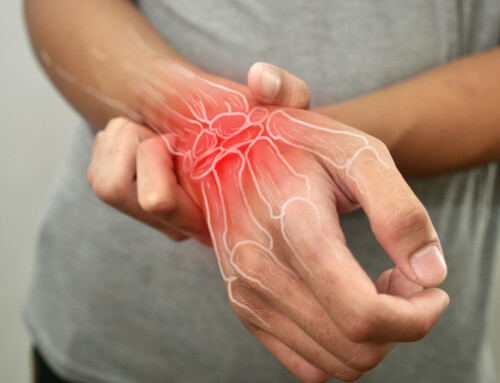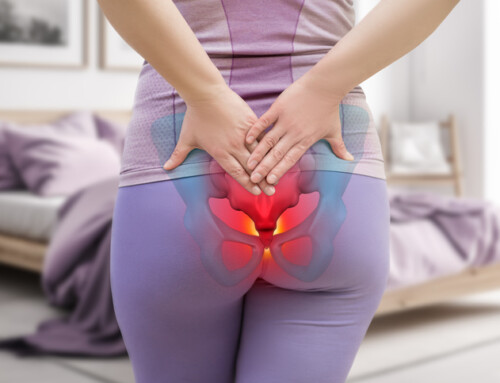Did you know that over two-thirds of Americans have reported having trouble sleeping at night? Treating sleep disorders with physical therapy can provide a valuable alternative to traditional treatment options.
Sleeping with Insomnia: Symptoms
Insomnia is a common sleep disorder characterized by difficulty in falling asleep or staying asleep for at least 8 hours at a time. People with insomnia can often feel dissatisfied with their sleep. They typically experience one or more of the following: restlessness, fatigue, loss of energy, trouble concentrating, mood disorders, and a decreased performance at work or school. Insomnia is more serious than just an occasional sleepless night. You may suffer from insomnia if you have trouble sleeping throughout the night frequently, or find yourself waking up in the middle of the night and unable to fall back asleep.
There are two types of insomnia:
- Short-Term Insomnia. Also known as transient insomnia, this type of insomnia is usually related to stress in our daily lives. It can be the result of an emotional disturbance, such as a divorce or death. It can be triggered by the disturbance to your body’s circadian rhythm resulting from jet lag or shift work. Short-term insomnia typically lasts a few days or a week.
- Chronic Insomnia. Chronic insomnia can last for a short time or for very long periods. People with chronic insomnia have difficulty falling asleep for any length of time. Chronic insomnia can result in an ongoing exhaustion that can affect quality of life, and even personal safety on a daily basis. It can also contribute to lack of concentration, headaches, even depression.
How can physical therapy help my insomnia?
Getting a full night sleep is critical to a healthy lifestyle. Sometimes we all have difficulty sleeping to due to a number of factors: stressful lives, chronic pain, our busy schedules. Many of our physical therapy patients come to us with physical pain or limitations that can also impact their quality of life…including their ability to rest.
Conducting an assessment or a screening to determine a patient’s sleep deficits provides an overview of their sleep profile and habits before going to sleep and after waking. Known as sleep hygiene, it is characterized by the National Sleep Foundation as “...a variety of different practices and habits that are necessary to have good nighttime sleep quality and full daytime alertness.” Conducted by a physical therapist, assessment is part of understanding how physical conditions, body positioning and limitations to mobility can affect sleep. Additional factors may include a discussion on ergonomics: the type of bed and mattress used, number of pillows, body positioning for sleeping, etc.
Contact Capital Area Physical Therapy at one of our PT clinics in Saratoga or Queensbury for more information if you are struggling with chronic insomnia, restless leg syndrome, or sleep apnea.






